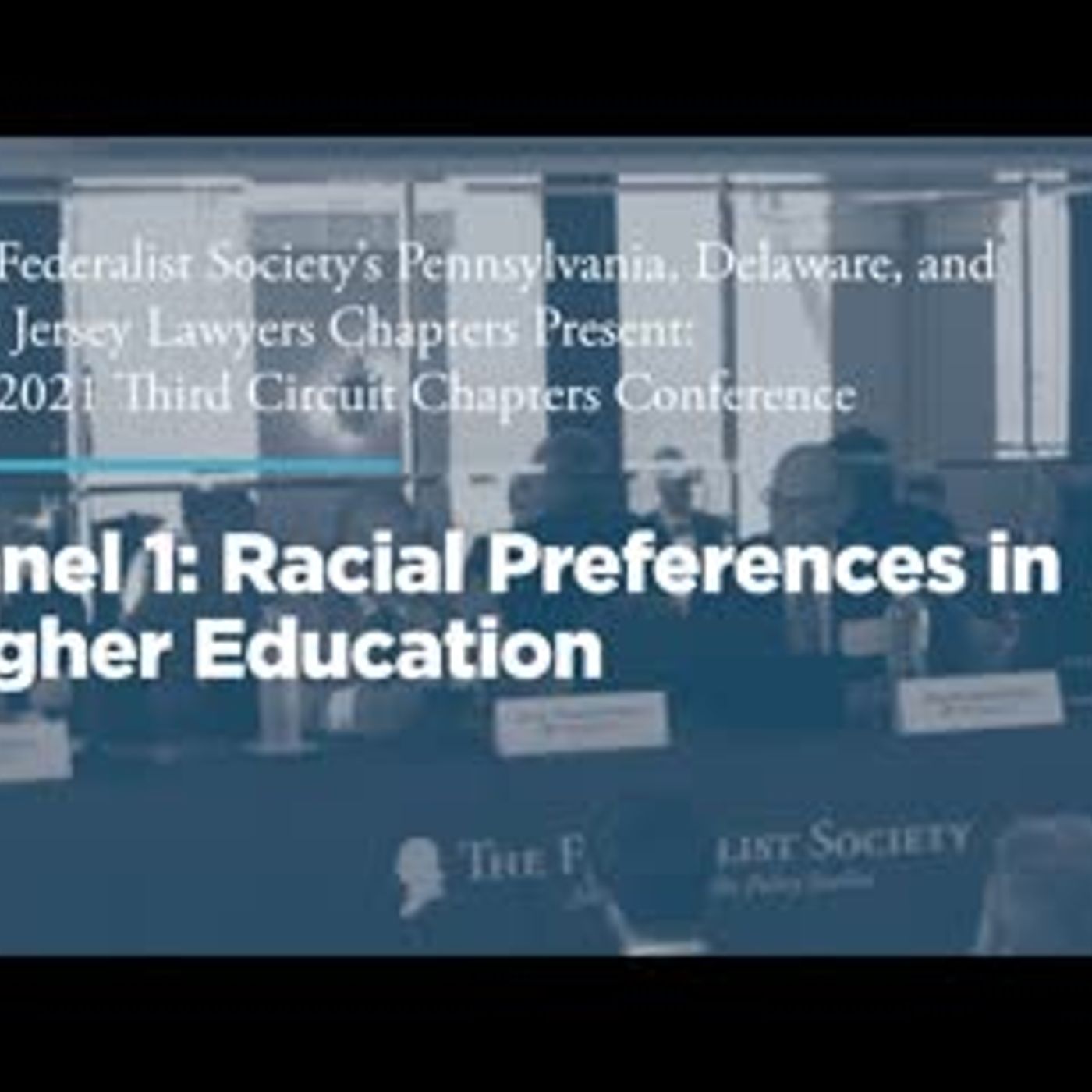- News
- Politics
- SEE MORE
- classical
- general
- talk
- News
- Family
- Bürgerfunk
- pop
- Islam
- soul
- jazz
- Comedy
- humor
- wissenschaft
- opera
- baroque
- gesellschaft
- theater
- Local
- alternative
- electro
- rock
- rap
- lifestyle
- Music
- como
- RNE
- ballads
- greek
- Buddhism
- deportes
- christian
- Technology
- piano
- djs
- Dance
- dutch
- flamenco
- social
- hope
- christian rock
- academia
- afrique
- Business
- musique
- ελληνική-μουσική
- religion
- World radio
- Zarzuela
- travel
- World
- NFL
- media
- Art
- public
- Sports
- Gospel
- st.
- baptist
- Leisure
- Kids & Family
- musical
- club
- Culture
- Health & Fitness
- True Crime
- Fiction
- children
- Society & Culture
- TV & Film
- gold
- kunst
- música
- gay
- Natural
- a
- francais
- bach
- economics
- kultur
- evangelical
- tech
- Opinion
- Government
- gaming
- College
- technik
- History
- Jesus
- Health
- movies
- radio
- services
- Church
- podcast
- Education
- international
- Transportation
- Other
- kids
- podcasts
- philadelphia
- Noticias
- love
- sport
- Salud
- film
- and
- 4chan
- Disco
- Stories
- fashion
- Arts
- interviews
- hardstyle
- entertainment
- humour
- medieval
- literature
- alma
- Cultura
- video
- TV
- Science
- en
Panel One: Racial Preferences in Higher Education: What are the Consequences and What Will the Supreme Court Do?

b'Despite the fact that Title VI of the Civil Rights Act of 1964 prohibits racial discrimination by schools that receive federal funding, racial preferences are being applied in admissions at many colleges and universities for the purpose of enhancing diversity. More recently, in light of this renewed emphasis on and interest in student diversity, the application of racial preferences in student admissions in higher education is having a trickle-down effect in admissions at prestigious magnet, charter and private secondary schools as well, many of which are discarding merit and test-based admissions policies in the name of diversity. However, the United States Supreme Court is currently considering whether to hear a case relating to Harvard University’s affirmative action policies which require the consideration of race in student admissions.
This panel discussed the effects of racial preferences in higher education and also considered whether the Supreme Court will review the legal challenge to Harvard University’s admission policies, analyzed the merits of various legal arguments in the Harvard case, and predicted how the conservative leaning Supreme Court may potentially rule.
Featuring:
Cory Liu, Partner, Ashcroft Law Firm, and former assistant general counsel to Texas Governor Greg Abbott
Theodore Shaw, Julius L. Chambers Distinguished Professor of Law and Director of the Center for Civil Rights, UNC School of Law
Patrick Strawbridge, Partner, Consovoy McCarthy Park PLLC, and adjunct professor for the Supreme Court Clinic at the Antonin Scalia Law School at George Mason University
Moderator: Judge Paul Matey, United States Circuit Judge of the United States Court of Appeals for the Third Circuit
* * * * *
As always, the Federalist Society takes no position on particular legal or public policy issues; all expressions of opinion are those of the speaker.'